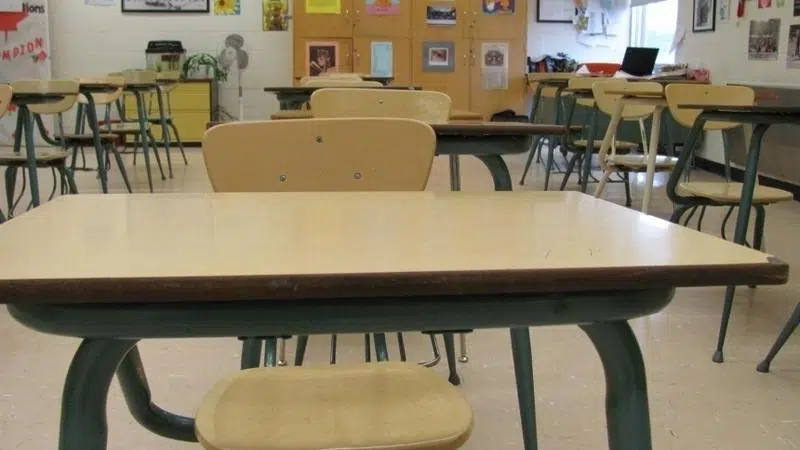
STF preparing itself for possible strike vote: President
The Saskatchewan Teachers’ Federation is calling for a sanctions vote — which could result in educators walking off the job — after conciliation talks between the STF and the province proved unsuccessful this month.
The vote is to be held Feb. 10-11.
Speaking with Gormley on Friday morning, STF president Patrick Maze said the main points of contention are classroom size and composition as well as proposed salary increases.
“Over the last nine months we haven’t been able to secure a deal,” Maze said.

